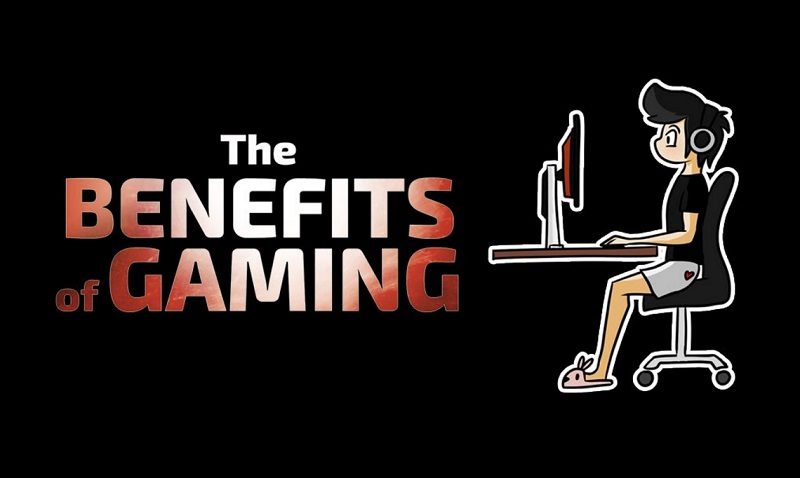PC Gaming is Good For You, According to Science (and AOC)
Ashley Allen / 8 years ago

Not only is PC gaming fun, it may even be good for you, that’s if a bizarre new post from monitor maker AOC is to be believed. According to AOC, in a post on its official website titled The Benefits of Gaming, playing PC games can help improve cognitive function, memory, attention span, and logical thinking, visual processing and hand-eye-coordination, decision-making, team-building, and even health and happiness. PC Master Race, indeed.
Cognitive function:
Memory, attention span and logical thinking are all stimulated by playing certain games. Just a few hours of gaming a week can help improve them all, regardless of age.
Cognitive abilities are those we use to understand the world and carry out tasks. These can be anything from our use of senses and language to managing our emotions and problem solving. Real-Time Strategy (RTS) games are good examples of those which may enhance these abilities, as they often require complex analysis and planning for you to achieve your goals.
Visual processing:
Gaming often requires players to rapidly switch their attention from one part of the screen to another, while being aware of what is happening all around.
This means that your brain is continuously learning to split your attention more quickly and efficiently. This vastly improves processing of incoming visual information, and enhances hand-eye coordination.
“Bullet Hell” games, often centred around a plane or spacecraft constantly surrounded by enemies, are great examples of these skills in action. Because there is so much going on at once, you have almost no time at all to make the decisions needed to be successful. These games require a sense of prediction, and reaction times as close to zero as possible. One academic study even compared the mental sharpness of some gamers to those of fighter pilots!
Decision-making:
Playing videogames can help you improve and speed up your capacity to make these decisions, without sacrificing accuracy. When you deal with an enemy or develop an action strategy, you make key decisions that directly impact success or failure of the game, often at extremely short or split-second notice.
In some games, such as Role-Playing Games (RPGs), your decisions directly impact the wellbeing of characters, or have heavy consequences to the morality of your character. This also helps you to learn to weigh up decisions consciously, training the brain to think carefully before acting.
Being a ‘smart player’ solidifies the basis of becoming a winning decision maker in your future working life. Displays integrating technologies that allow you to instantly see the bigger picture and react with very tight response times actively boost your decision-making skills.
Thanks to this constant practice of managing important situations, videogames also help to improve self-confidence!
Health and happiness:
Science has also shown that the most active parts of the brain during gaming are those which are not directly linked to depression, but instead linked to optimism. This can impact recovery in a positive way. Some games even educate on health matters – examples include one that was designed around the physical healing process, and another designed as a tool to help people work through anxiety and depression.
Team-building:
Gaming can be a perfect form of training to learn what collaboration at work means. You have the chance to work together with friends, each one with different skills, knowledge and values, sharing your ideas with others.
Sadly, AOC does not link to any of the studies that it obliquely refers to – citation needed – so for all we know the company made it all up to sell more monitors. Still, it’s definitely one for the kids to show their parents to justify why they’re not doing their homework.



















